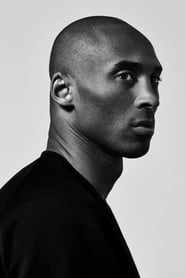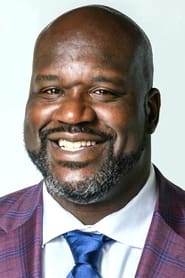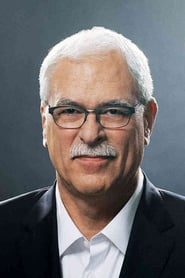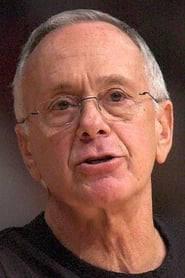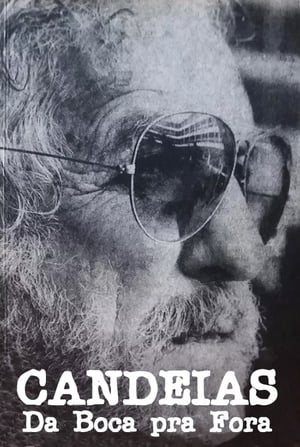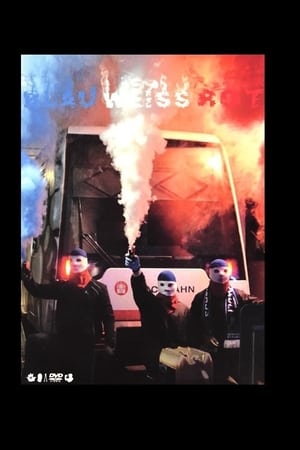
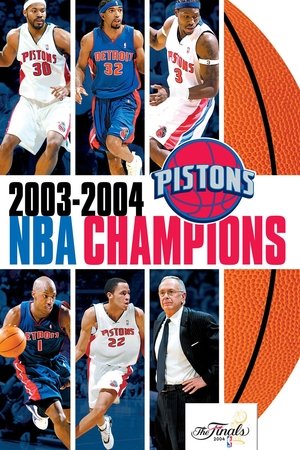
2003-2004 NBA Champions - Detroit Pistons(2004)
The underdog Detroit Pistons shocked the basketball world by defeating the heavily favored Los Angeles Lakers (led by superstars Kobe Bryant and Shaquille O'Neal) to become the 2003-2004 NBA Champions. Via penetrating interviews and behind-the-scenes footage, this video follows the team from the start of the season through the playoffs as they make their arduous journey to basketball's ultimate prize.
Movie: 2003-2004 NBA Champions - Detroit Pistons
Top 7 Billed Cast
Similar Movies
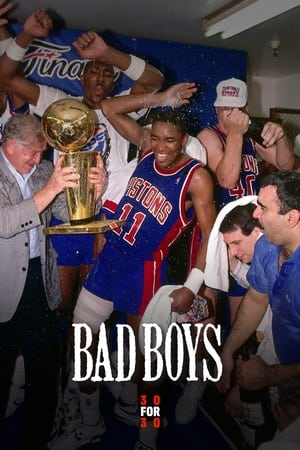 7.7
7.7Bad Boys(en)
The Detroit Pistons of the late 1980s and early '90s seemed willing to do anything to win. That characteristic made them loved — and hated. It earned them the title: Bad Boys.
 8.2
8.2Rodman: For Better or Worse(en)
While Rodman is no doubt one of the greatest talents in NBA history, he is just as famous for his off-court exploits. 30 for 30 explores the reasons behind him becoming the character he is known as today.
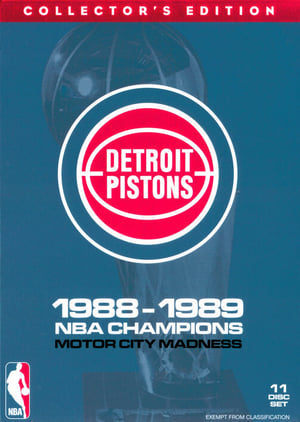 0.0
0.0Detroit Pistons: 1988-1989 NBA Champions - Motor City Madness(en)
The 1989 NBA Finals was the championship round of the 1988–89 National Basketball Association (NBA) season, and the conclusion of the 1989 NBA Playoffs. The series was a rematch of the previous year's championship round between the Eastern Conference playoff champion Detroit Pistons and the Western Conference playoff champion Los Angeles Lakers.
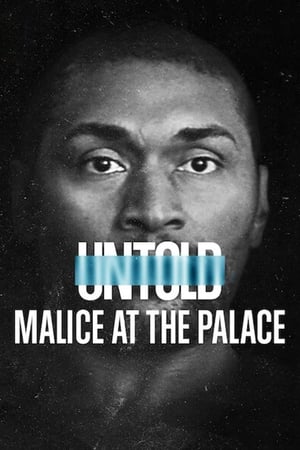 7.2
7.2Untold: Malice at the Palace(en)
Key figures from an infamous 2004 incident between players and fans at an NBA game in Michigan discuss the fight, its fallout, and its lasting legacy.
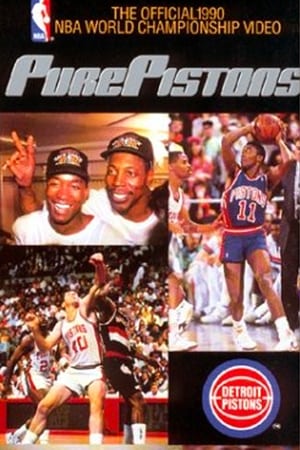 0.0
0.0Detroit Pistons Pure Pistons(en)
Detroit Pistons - Pure Pistons - 1990 NBA Championship Join the Detroit Pistons on their road back to the NBA Finals -- from the opening day ring ceremony to the 1990 NBA Finals. Take a courtside seat as the pistons defend their crown in a quest to become only the third franchise in NBA history to repeat as champions. Behind the scenes playoff and Finals footage, incredible regular season highlights, and rare locker room and huddle footage are all part of this one-of-a-kind look at the Pistons' sensational season.
 7.4
7.4Style Wars(en)
Tony Silver and Henry Chalfant's PBS documentary tracks the rise and fall of subway graffiti in New York in the late 1970s and early 1980s.
 6.2
6.2Wal-Mart: The High Cost of Low Price(en)
This documentary takes the viewer on a deeply personal journey into the everyday lives of families struggling to fight Goliath. From a family business owner in the Midwest to a preacher in California, from workers in Florida to a poet in Mexico, dozens of film crews on three continents bring the intensely personal stories of an assault on families and American values.
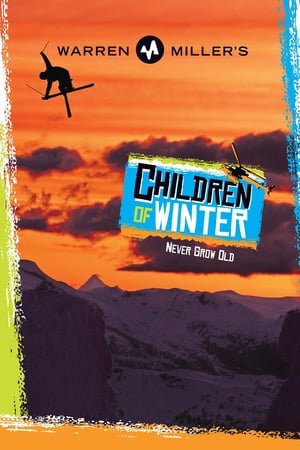 4.8
4.8Children of Winter(en)
Warren Miller's Children of Winter showcases incredible cinematography that will get you craving deep powder, fresh lines, and outrageous adventure! It will take you on a daring escape to electrifying global destinations, including Japan, Austria, Iceland, and more! Don't forget to breathe as snowboarding's Olympic Gold Medalist Seth Westcott charges down the Alaskan backcountry, as surf legend Gerry Lopez shreds the Oregon steeps, and as Chris Anthony takes on Leadville Colorado's legendary Skijoring competition.
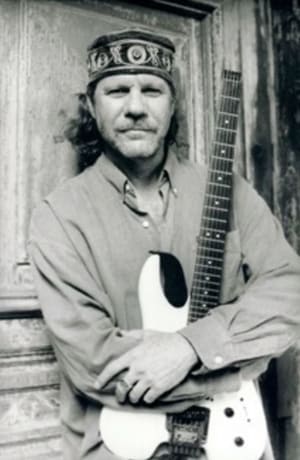 0.0
0.0So Near... So Far(en)
The young American Pablo Menéndez came to Cuba to study Music at the National School of Art. Here he formed a family and became one more Cuban. Member of the Sound Experimentation Group of ICAIC and promoter of the teaching of the electric guitar in Cuba, he is, together with his group Mezcla, one of our most original musicians.
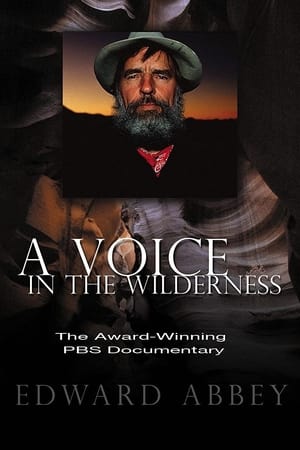 0.0
0.0Edward Abbey: A Voice in the Wilderness(en)
When Edward Abbey died in 1989 at the age of sixty-two, the American West lost one of its most eloquent and passionate advocates. Through his novels, essays, letters and speeches, Edward Abbey consistently voiced the belief that the West was in danger of being developed to death, and that the only solution lay in the preservation of wilderness. Abbey authored twenty-one books in his lifetime, including Desert Solitaire, The Monkey Wrench Gang, The Brave Cowboy, and The Fool's Progress. His comic novel The Monkey Wrench Gang helped inspire a whole generation of environmental activism. A writer in the mold of Twain and Thoreau, Abbey was a larger-than-life figure as big as the West itself.
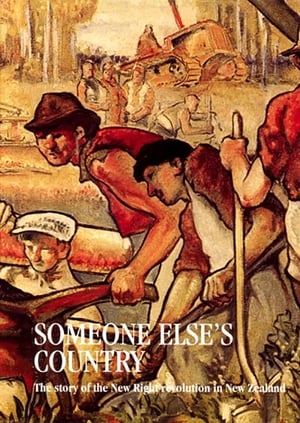 0.0
0.0Someone Else's Country(en)
Someone Else’s Country looks critically at the radical economic changes implemented by the 1984 Labour Government - where privatisation of state assets was part of a wider agenda that sought to remake New Zealand as a model free market state. The trickle-down ‘Rogernomics’ rhetoric warned of no gain without pain, and here the theory is counterpointed by the social effects (redundant workers, Post Office closures). Made by Alister Barry in 1996 when the effects were raw, the film draws extensively on archive footage and interviews with key “witnesses to history”.
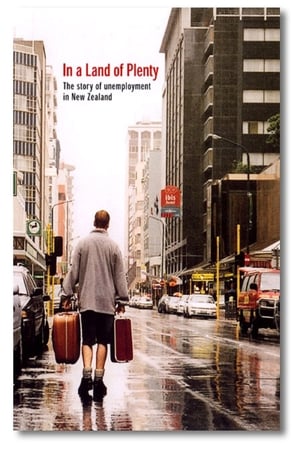 0.0
0.0In a Land of Plenty(en)
The story of unemployment in New Zealand and In A Land of Plenty is an exploration of just that; it takes as its starting point the consensus from The Depression onwards that Godzone economic policy should focus on achieving full employment, and explores how this was radically shifted by the 1984 Labour government. Director Alister Barry's perspective is clear, as he trains a humanist lens on ‘Rogernomics' to argue for the policy's negative effects on society, as a new poverty-stricken underclass developed.
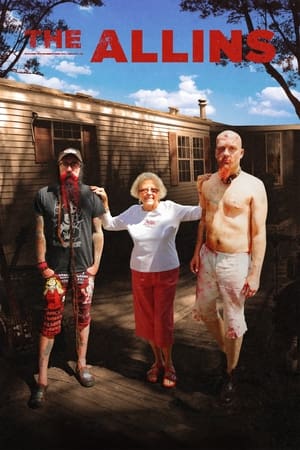 6.8
6.8The Allins(en)
In New Hampshire, a legend is buried. GG Allin, the most outrageous singer in rock'n roll history. He was known for defecating on stage, fighting and having sex with the audience. He died a mythological death from a heroin overdose in 1993, aged 37. Directed by the award-winning director Sami Saif, THE ALLINS is a loving and entertaining look at the family of the departed rock singer.
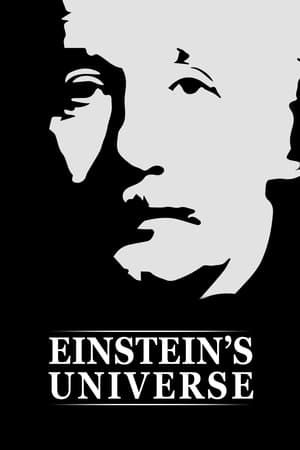 8.0
8.0Einstein's Universe(en)
A documentary produced in 1979 to celebrate the centenary of the birth of Albert Einstein. Narrated and hosted by Peter Ustinov and written by Nigel Calder.
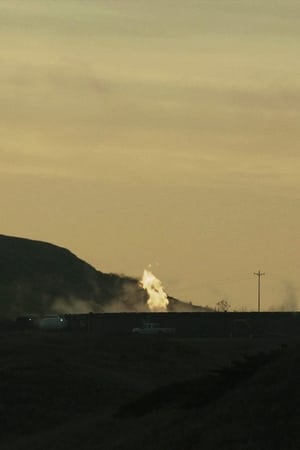 1.0
1.0Gray House(en)
A silent fisherman in Texas, a blazing oil field in North Dakota, a mysterious community in Virginia, a women’s prison in Oregon, and a modernist home in California are the ostensible subjects of Austin Lynch and Matthew Booth’s new feature, GRAY HOUSE. But as meditations upon nature, isolation, decadence, and destitution, they are flawless conduits for seamless blends of documentary and narrative form, and stunning explorations of sound, image, and cinematic time. Mysterious and elusive, yet possessing an aesthetic and sensory unity (appearances by Denis Lavant, Aurore Clément, and Dianna Molzan mix with direct addresses from real-life laborers and inmates), GRAY HOUSE quietly recalibrates one’s sense of the world and our place within it.
